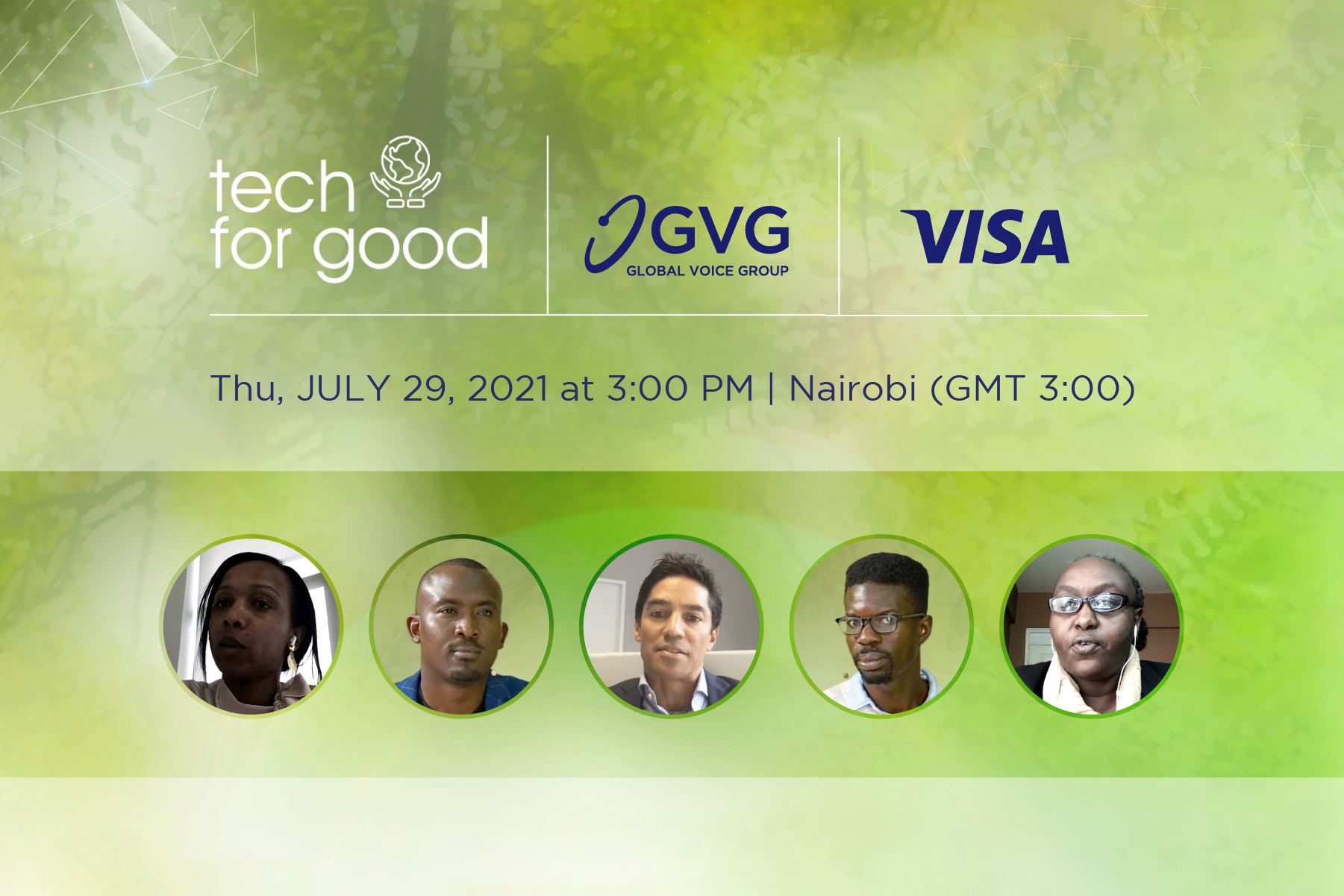By: CIO Africa.
Tech can save the world, literally. It can be used to improve an individuals well being, and change the entire paradigm of how we address thought provoking issues.
This was also backed up by Micah who averred that technology can also reduce greenhouse gas emissions through energy efficiency, renewable energy sources, and battery and control technologies for balancing supply and demand. This goes to show that technology has a role to play in conserving biodiversity. AI-powered drones can help monitor wildlife parks and identify the location of poachers, and similarly monitor for illegal fishing, for example.
Dr. Jane also made it clear that the Kenyan governments can be instrumental in ensuring that technology transitions are well managed. She added that the government is already encouraging innovative development and use of technologies.
Eva then built on top of this by cementing the understanding that companies can harness the benefits of the current technology wave by adopting an approach of enlightened self-interest. Meaning, at the company level, a workforce that is better trained, less stressed, healthier, and happier will also be more productive, more adaptable, and better able to drive the technology adoption and innovation surge that will boost revenue and earnings.
The outcome
The panel showed that #TechForGood not only has the potential, but has the necessary tools to tackle and eradicate the world’s toughest challenges. Through the conversation’s in the panel, we have seen that #TechForGood is not a sector, it is a mobilising framework for articulating the values, behaviours and attitudes that describe a focus on social impact – putting people at the heart of the business, and enabling them with the power of technology.
The outcomes of tech for social good are more important than the mechanisms, they include impact on the environment, communities, health, education, mobility and transport.
Want to watch the full webinar? Click here!



